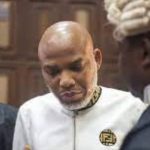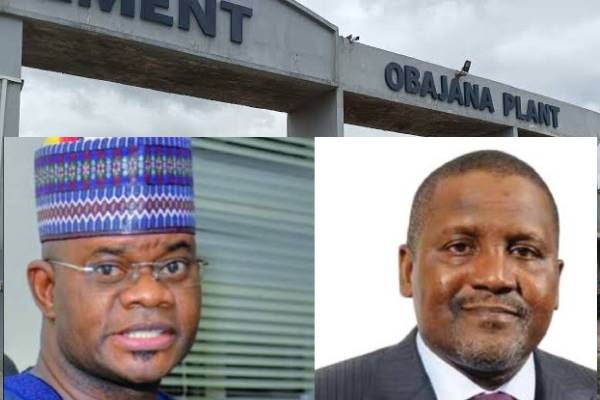The national security council has backed the position of the Attorney General of the federation that the leader of the proscribed Indigenous People of Biafra was discharged but not acquitted and the government will consider appropriate actions on the matter.
The security meeting among other things also approved the release and deradicalization of former Boko haram fighters and seeks to strengthen the war on terrorism by speeding up the prosecution of terrorists.
The federal government also ordered the reopening of the Obajana cement factory forcefully closed by the Kogi State government.
The security council meeting is the first after the safe return of the remaining 23 victims of the Kaduna train attack.
Since then, the country’s security agencies have recorded several other breakthroughs in their offensive against threats to national security.
Mr. President also acknowledged the improvement in the security situation and is desperate to sustain the momentum as the life of his administration enters the twilight.
The national security council approved the release and deradicalization of one hundred and one former book haram fighters but insists it is not in exchange for the release of the remaining train attack victims as no ransom was paid.
Another headache for the government is the frightening volume of oil theft and how it threatens the country’s revenue earnings.
The National Security Council has set up a committee to investigate this economic sabotage.
The interior minister also explained the decision of the federal government to order an immediate reopening of the Obajana cement factory in Kogi state which has been the bone of contention between Dangote industries limited and the Kogi state government over ownership.
As President Buhari continues to emphasize his commitment to hand over a more secure country to the next administration, He hopes to sustain and consolidate the gains recorded so far and support security agencies with everything they require to protect lives and property.














